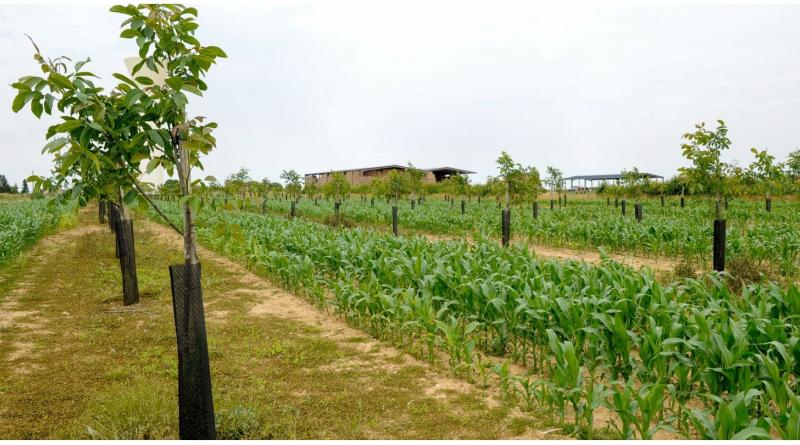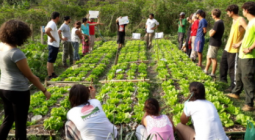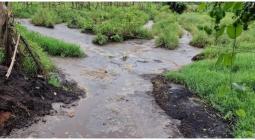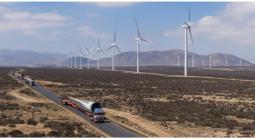MOROCCO: €4 million in funding for agro-ecology projects

In the wake of the 16th Salon international de l'agriculture au Maroc (Siam), a call for expressions of interest has been launched to promote agroecology as part of the "IHYAE" programme. With a budget of €4 million, this call aims to revitalise agricultural practices in Morocco, as part of the national "Green Generation 2020-2030" strategy.
Coordinated by the Agence pour le développement agricole (ADA), this call for projects aims to transform the Moroccan agricultural landscape by promoting the adoption of innovative agroecological practices in key regions of Morocco, notably Fès-Meknès (centre-north), Oriental (north-east) and Souss-Massa (south-west). National and international civil society organisations are strongly encouraged to participate, as their expertise is essential in guiding farms towards more sustainable practices.
ADA Director General El Mahdi Arrifi stressed the importance of the call, saying that it illustrates a firm commitment to supporting environmentally-friendly and sustainable agriculture. “We are convinced that this initiative will help to improve the quality of life of rural communities and strengthen their resilience in the face of current challenges”.
Funding allocated by AFD and the EU
This call for expressions of interest has been launched as part of the programme to revitalise rural areas through employment and agricultural and para-agricultural entrepreneurship in Morocco (IHYAE), which is a central pillar of the “Generation Green” 2020-2030 strategy. With substantial funding of 170.6 million euros, including a major contribution of 150.6 million euros from French Development Agency (AFD) and additional support of 20 million euros from the European Union (EU), “IHYAE” promises to be a major step towards more environmentally-friendly and socially inclusive agriculture.
This project is crucial to supporting farming communities at a time when Morocco is facing a series of challenges. In autumn 2021, the country experienced its worst drought in 40 years, exacerbating a growing water shortage. In addition, the repercussions of the war in Ukraine have led to a dramatic rise in the price of basic foodstuffs such as tomatoes.
The agroecology approach goes beyond a simple farming technique, embracing a holistic vision of farming activity, taking into account the whole ecosystem in which it is embedded, with a deep ecological awareness. Based on five key principles, agroecology aims to renew biomass and preserve soil fertility, minimise losses of solar energy, air and water, promote genetic diversification in time and space, make the most of biological interactions within the agricultural ecosystem, and combat crop pests and diseases.
This approach offers a promising prospect for sustainable and resilient agriculture, capable of meeting today’s challenges while preserving natural resources for future generations.





